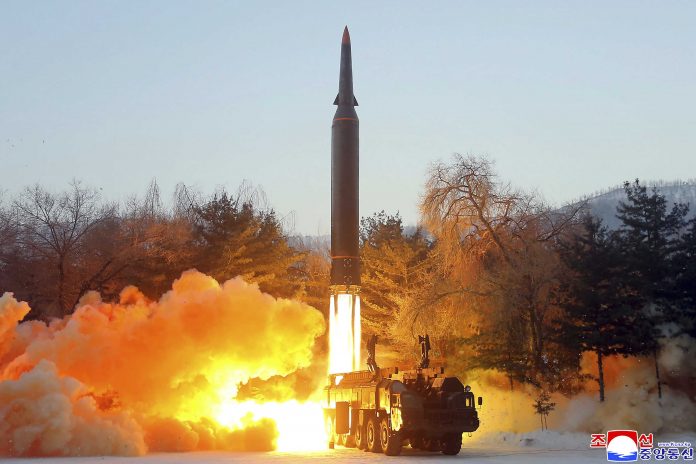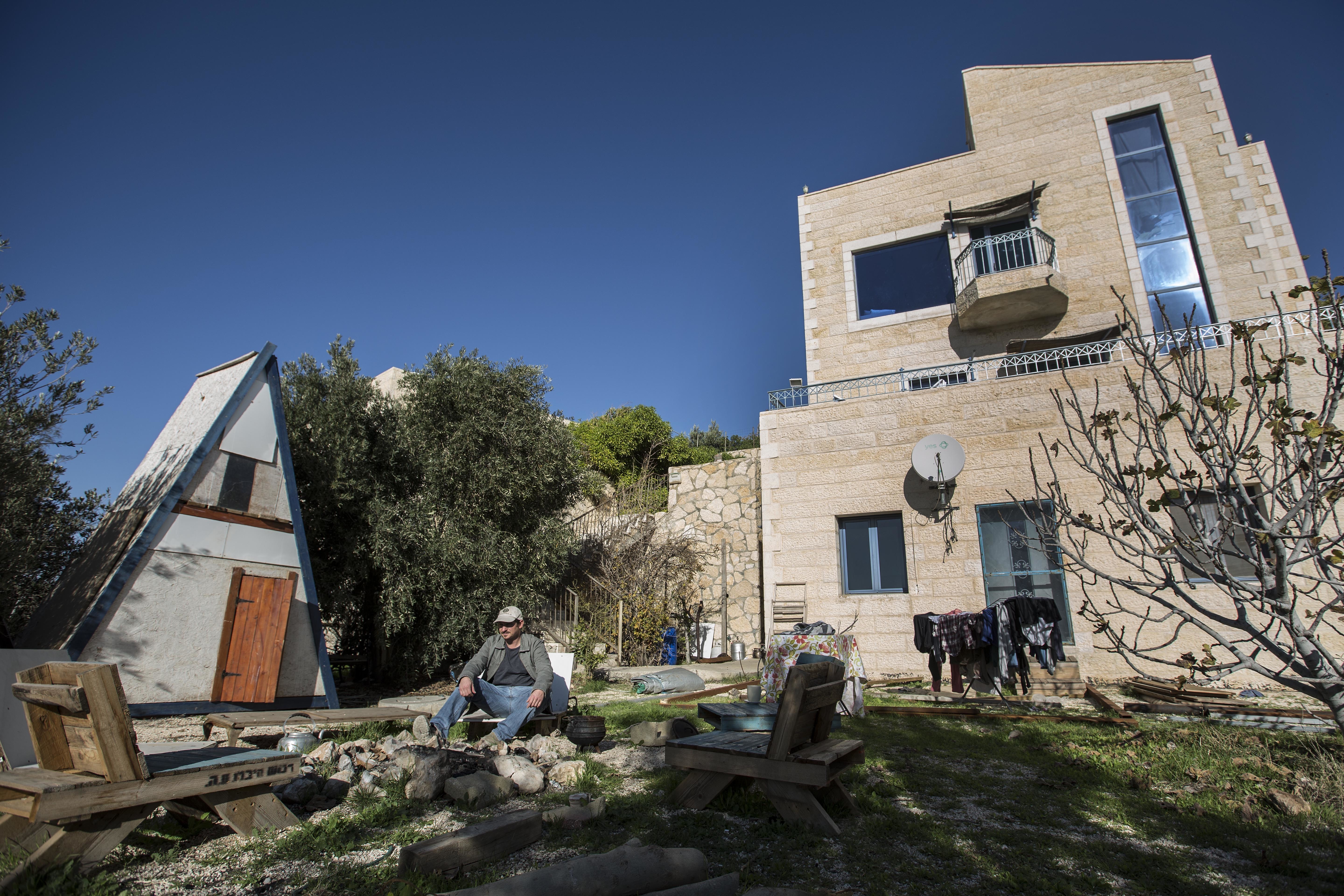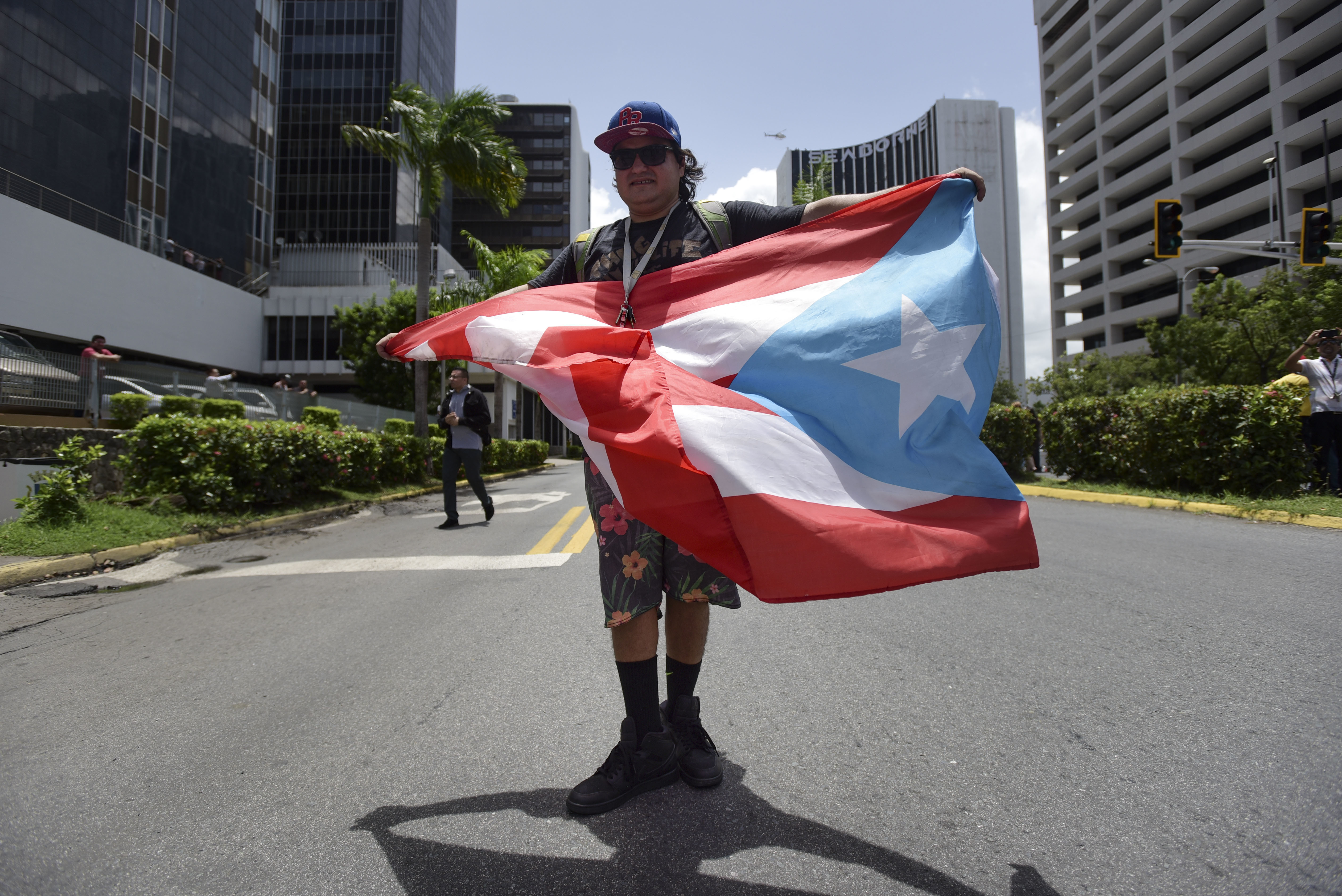
Associated Press
GENEVA (AP) — Dozens of mostly Western countries criticized North Korean “reckless actions” in its weapons programs as its government on Thursday took over the rotating presidency of the U.N.-backed Conference on Disarmament.
After North Korea’s ambassador opened a new session of the 65-nation body, Australian Ambassador Amanda Gorely read a joint statement by 48 countries plus the European Union that expressed concerns about North Korea’s nuclear weapons and ballistic missile capabilities and activities, including reports that it may be preparing to conduct a seventh nuclear test.
She said members of the conference who joined the statement have decided not to boycott North Korea’s presidency, but remain “gravely concerned” about its “reckless actions which continue to seriously undermine the very value” of the body. She said the countries’ participation should not be seen as giving any “tacit consent” to North Korea’s actions or its “violation of numerous United Nations Security Council resolutions.”
France’s envoy, speaking on behalf of the European Union, said its members will downgrade the level of their representation at the conference during North Korea’s nearly six-week presidency through July 1. Countries such as China, Nigeria, Pakistan and Russia voiced support for North Korea’s presidency.
All member states get a turn at the presidency. In the past, Western countries have at times balked over the accession of some countries, such as when Syria had a turn several years ago. The presidency is largely a symbolic and administrative post and doesn’t generally impact the body’s proceedings. North Korea is taking over the post from Cuba.
Han Tae Song, North Korea’s ambassador, opened the session by recognizing the “honor and privilege” of having the presidency. He urged member countries to work toward “peace and security” and expressed willingness to work with all member states.
He said the comments from Western countries were “nothing new” and no more than “copy-paste” of previous criticisms they have voiced about North Korea’s behavior. He insisted that his country has a right to defend itself and said it is still technically at war with the United States because only a cease-fire, not a peace treaty, halted fighting in the 1950-53 Korean War.
The conference has achieved few results over its decades of existence and has largely devolved into a venue for countries to voice criticism of others’ weapons programs or defend their own.



















